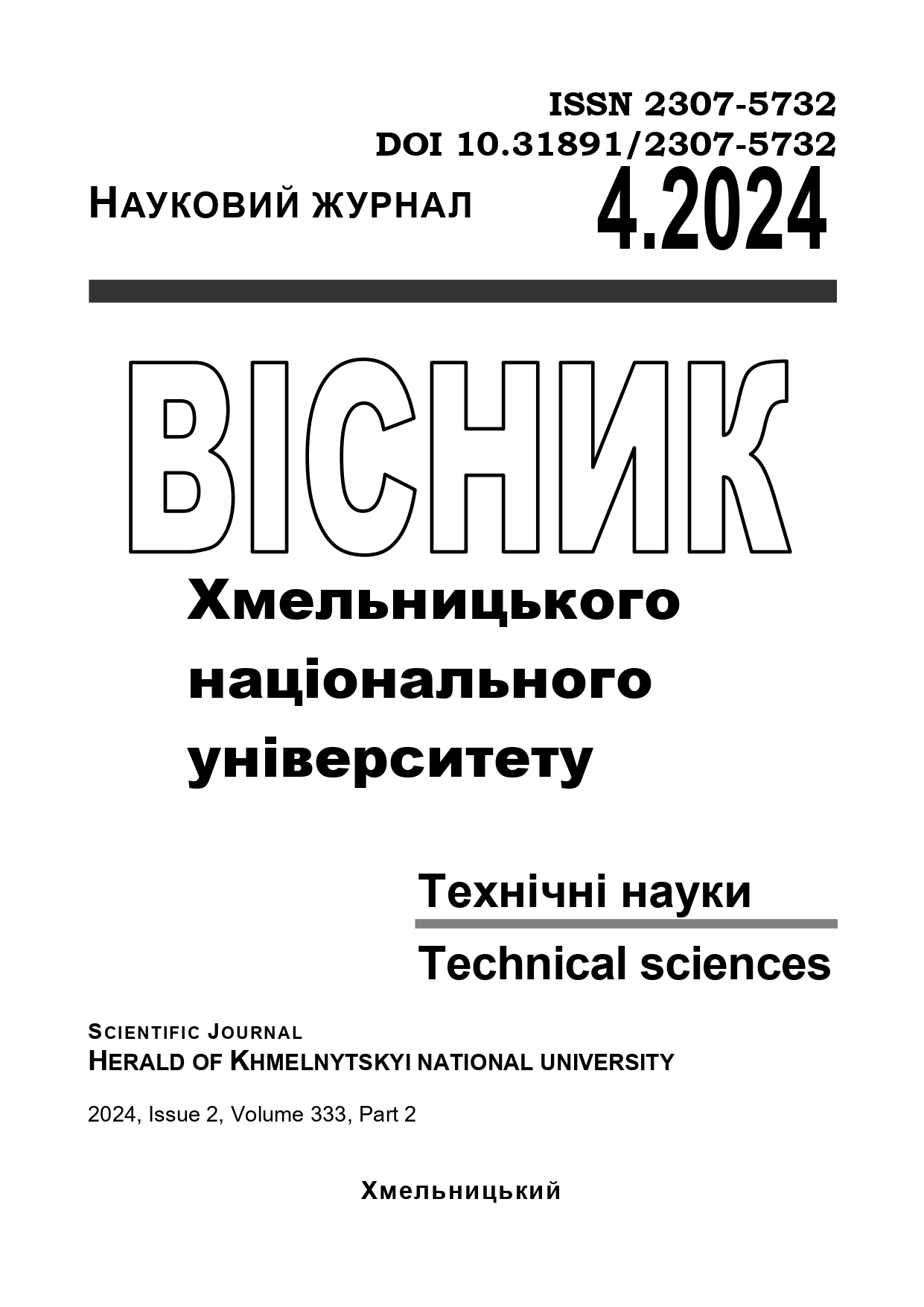APPLICATION OF MACHINE LEARNING TECHNIQUES FOR AUTOMATED PLANNING
DOI:
https://doi.org/10.31891/2307-5732-2024-339-4-1Keywords:
automatic planning, information systems, distributed systems, modeling, optimization, machine learningAbstract
This article discusses key aspects of automatic scheduling with a focus on efficiency, reliability, and safety. It explores effective methods for integrating and optimizing scheduling systems using machine learning models, focusing on coefficient and hyperparameter adjustment. Recent results confirm a significant increase in the accuracy and speed of planning processes achieved through the use of machine learning approaches, namely reinforcement learning, which allows for the development of large data sets with only a simulation and training environment and sufficient computing resources.
Context. Evaluate the possibility of machine learning tools application for tasks automation planning domain.
Objective. Research benefits of machine learning models application for automated planning tasks, utilizing process modelers.
Methods. The proposed pipeline is based on the reinforcement leering approach of training the agent in the simulation or real environment, with evaluation results and base on that building optimal strategies to increase performance of task planning and capacity distribution problem.
Results. The proposed approach demonstrates a number of advantages:
Increased accuracy: The use of modern machine learning methods can significantly improve data analysis and thus improve task planning.
Reliability and security: The use of reinforcement learning involves emulation (simulation) mechanisms to provide agent training in real (approximate) conditions to build a reliable and efficient model, which is critical for applications in various industries.
Scalability: The system can easily adapt to processing different amounts of data, providing stable performance regardless of the size of the data set.
Conclusions. The proposed approach to improving the tasks of automated task planning in computing systems using reinforcement learning methods is promising for improving the processing and planning of tasks, balancing and distribution of computing resources, as well as the load on various system components, in addition, it has significant potential for further research and developments in this field. However, further research is needed to address the identified limitations, including evaluation of experienced practitioners, comparison of different modeling tools, and evaluation of larger and more complex processes.
Downloads
Published
Issue
Section
License
Copyright (c) 2024 МАКСИМ ХОРКАНІН (Автор)

This work is licensed under a Creative Commons Attribution 4.0 International License.

